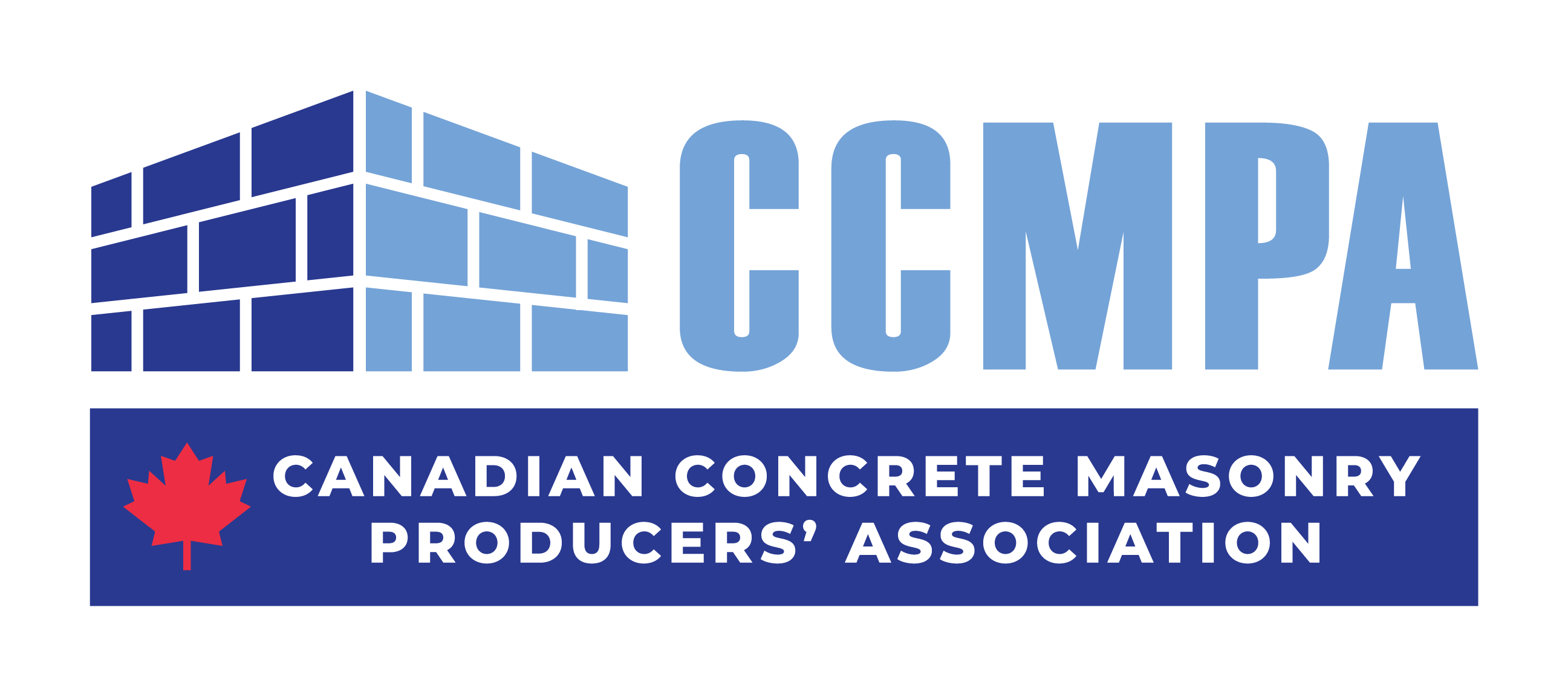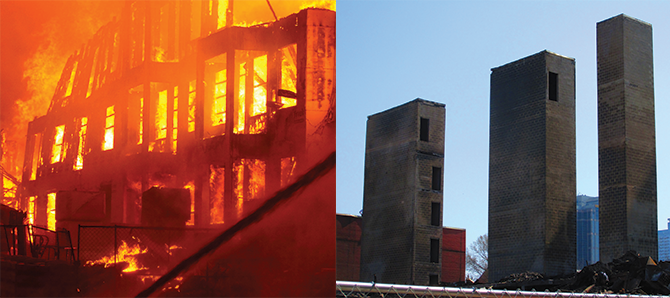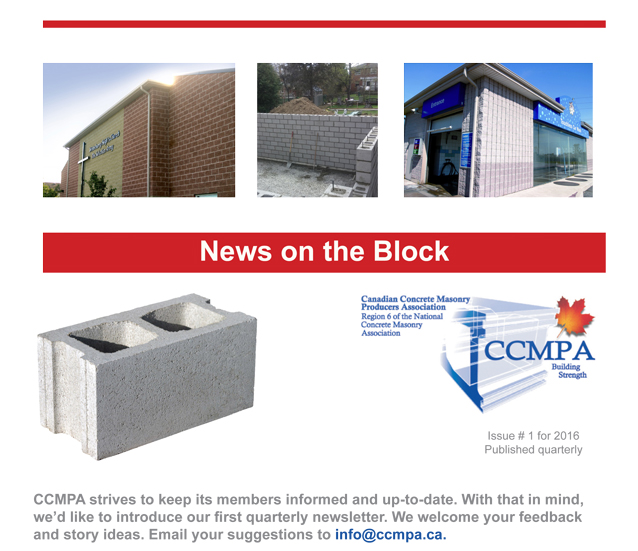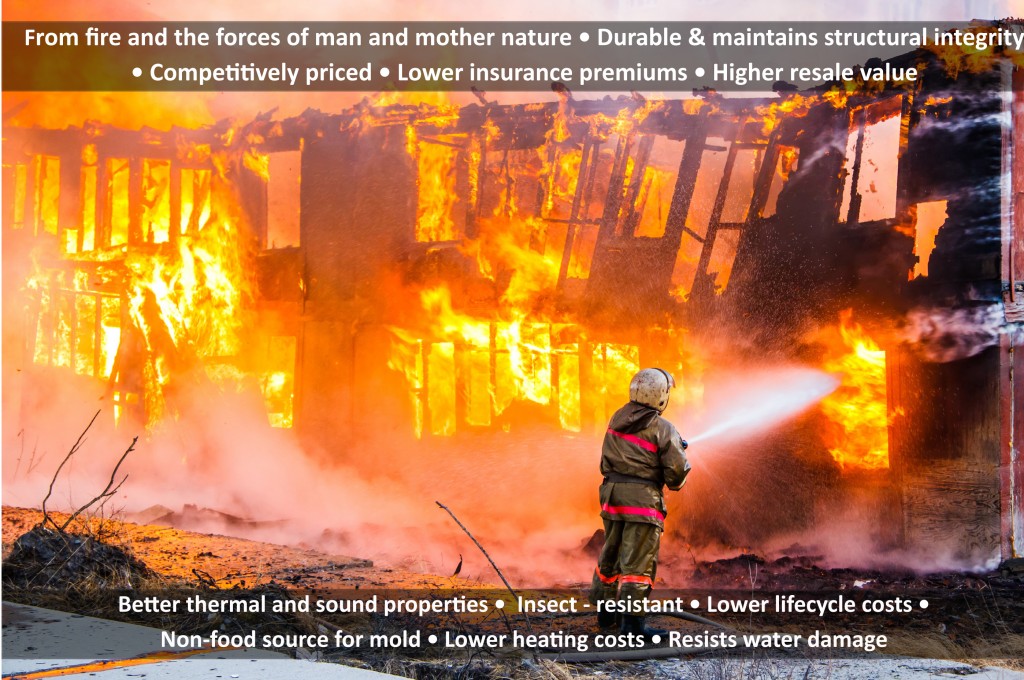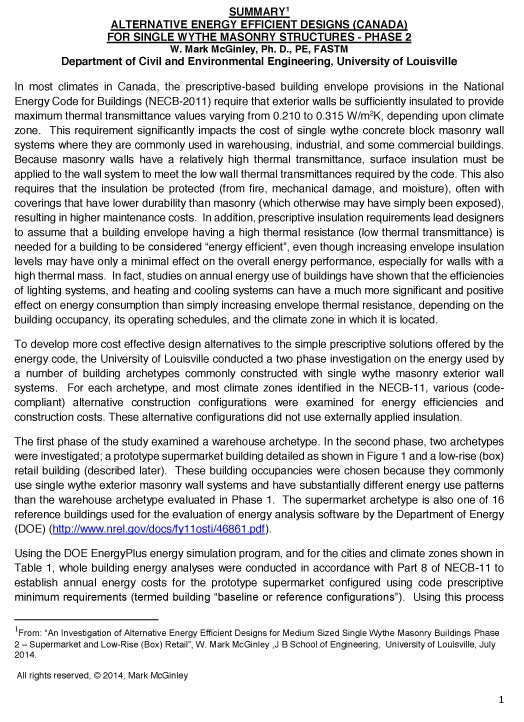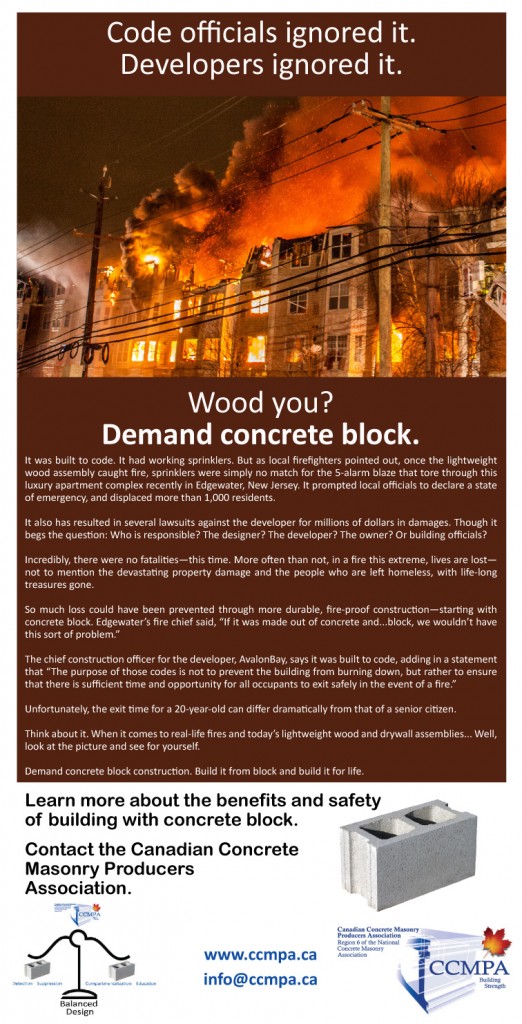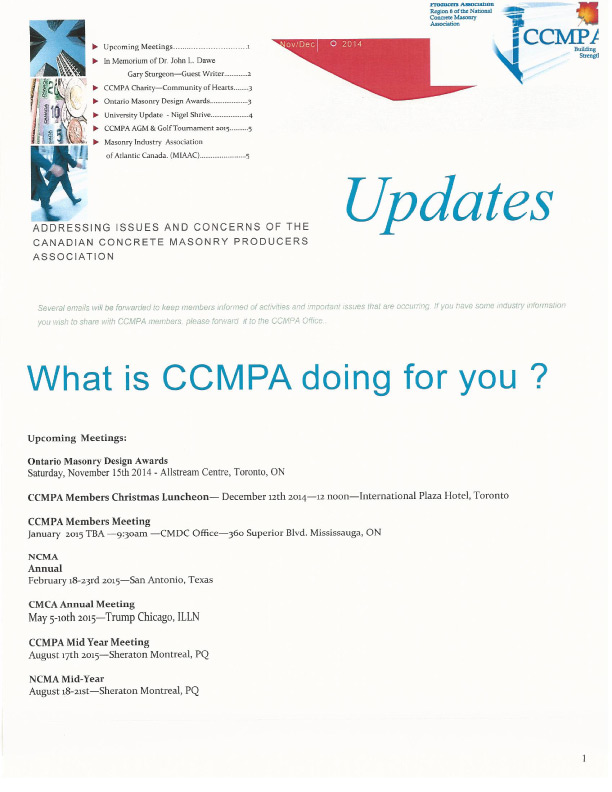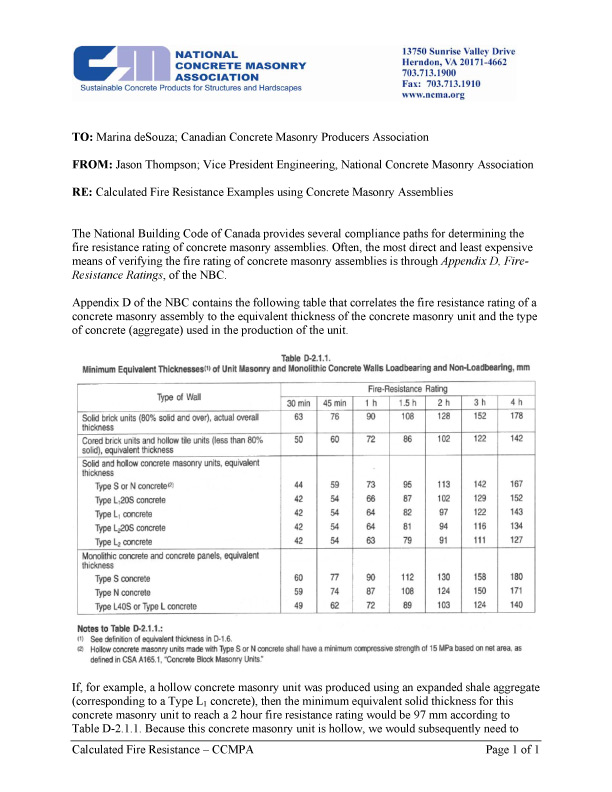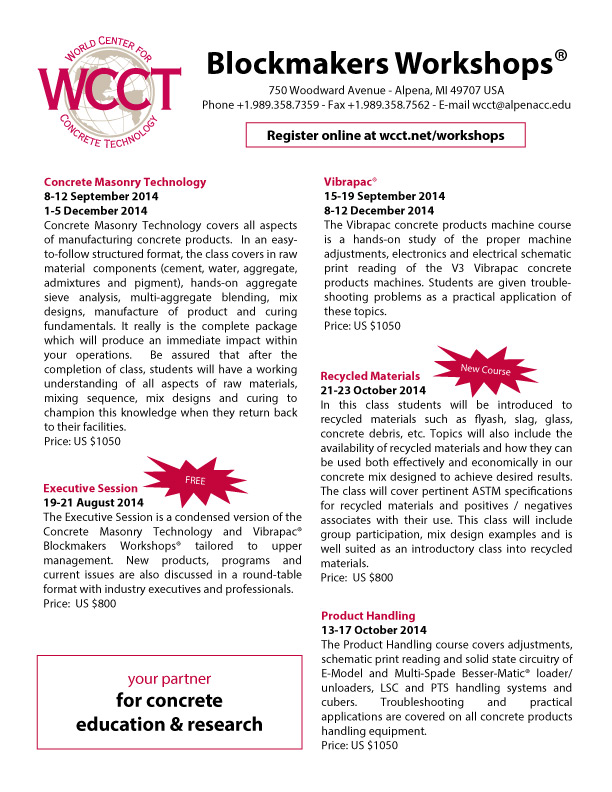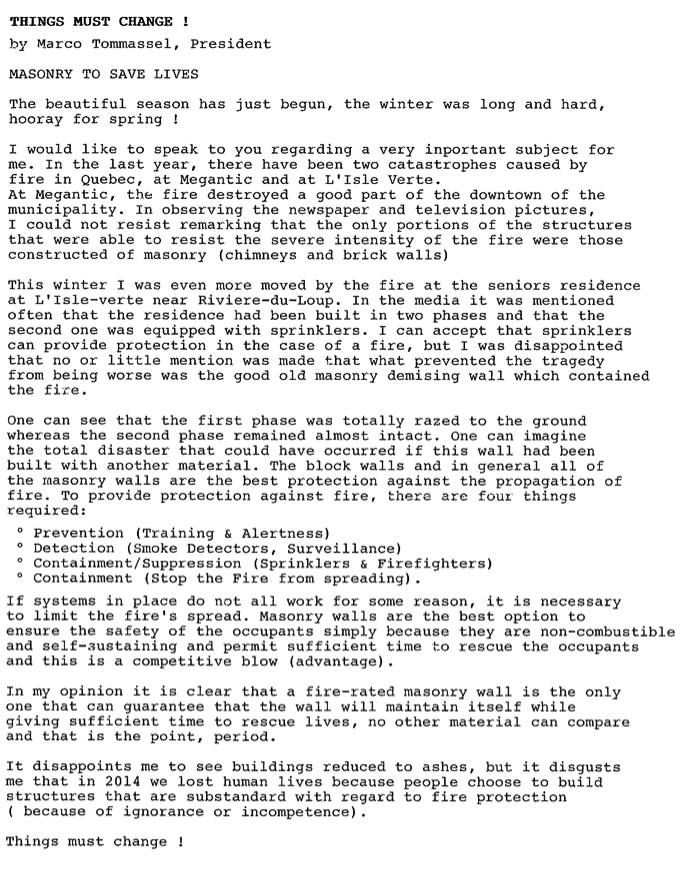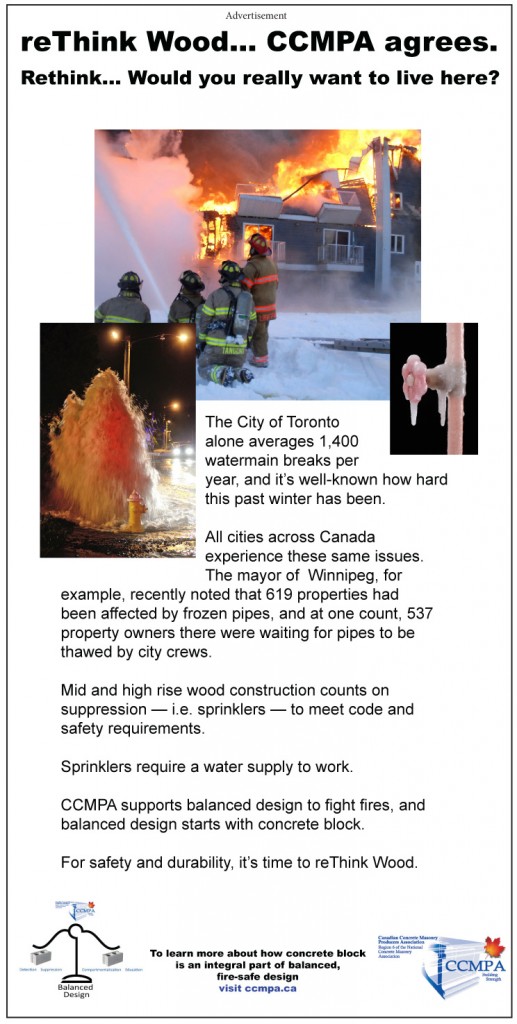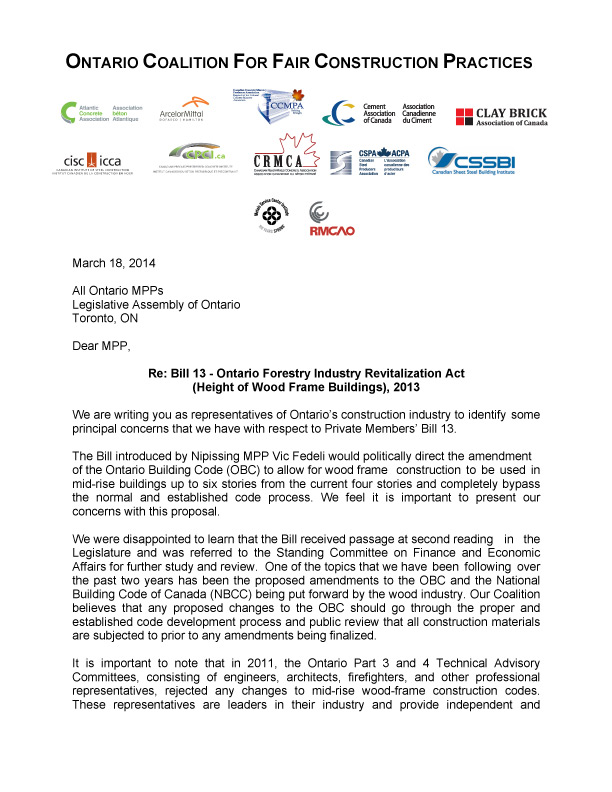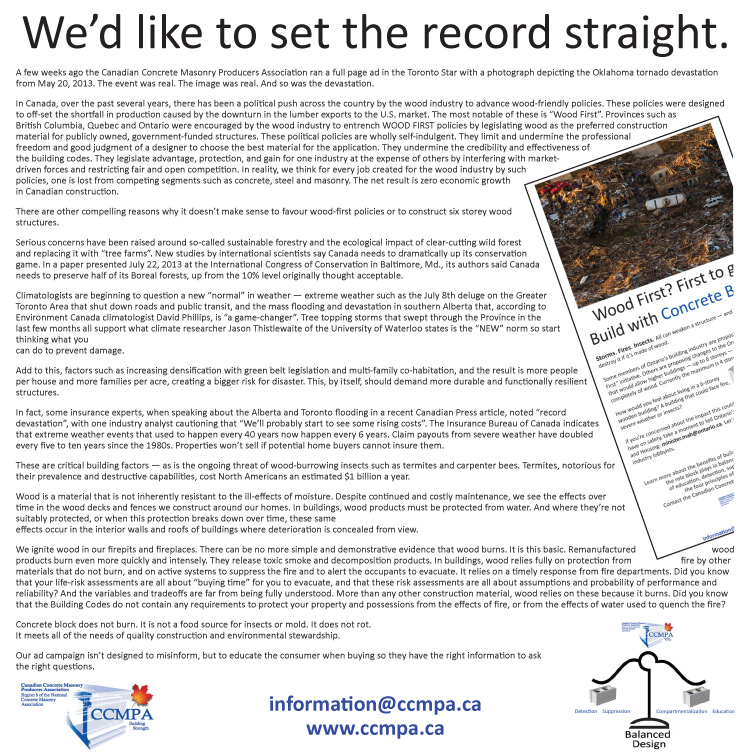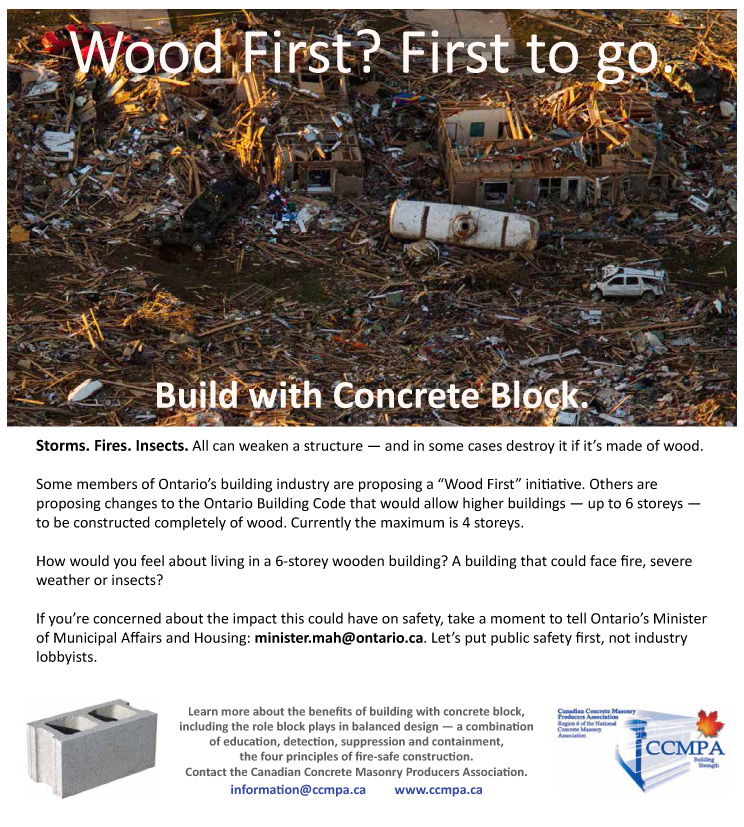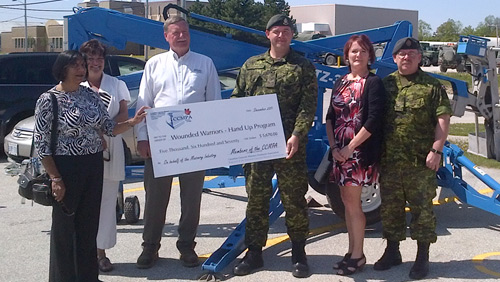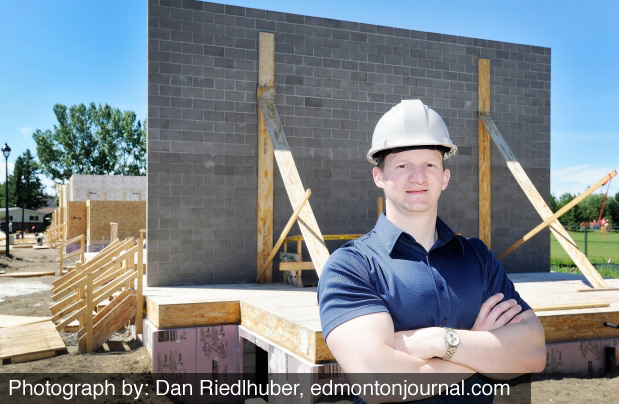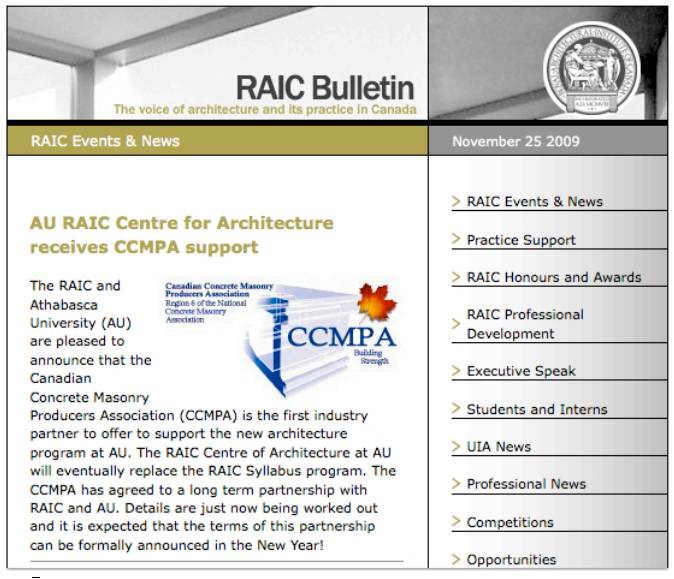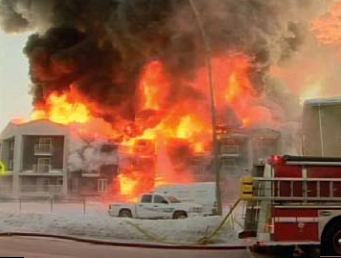Latest News
18
Jul
What’s 150 years?
By some standards, 150 years is a long time. But for Canada’s masonry producers, 150...
25
May
Expocrete Receives the 2017 Oldcastle Community Ambassador Award
Expocrete receives the 2017 Oldcastle Community Ambassador Award for their efforts in helping victims of...
07
Apr
Official Launching of the “Bloc Levy” Program in Quebec
Effective: January 1, 2018.
The association of masonry contractors is proud to announce the...
09
Mar
Sharing “The Facts” through Social Media
We know you are busy.
We know there is an infinite amount of information out there...
16
Jun
Finding Fault After Fire
While Fort McMurray has put the fear of fire front and centre in the minds...
16
Jun
16
May
New Member
CCMPA is delighted to inform you that we have a new member. Rinox Inc. concrete...
01
Feb
13
Nov
Rethink wood. We agree!
For disaster-resilient construction, think concrete block.
From fire and the forces of man and mother nature
•...
02
Sep
Masonry advocates ask, what’s in your walls?
Canadian Concrete Masonry Producers (CCMPA) and MasonryWorx have teamed up to educate the homebuyers, contractors...
19
Jun
Trades & Apprenticeship students honoured at awards ceremony
May 27, 2015 – Marina de Souza, Executive Director of CCMPA, was on hand...
17
Jun
Want to save energy AND building construction costs?
Then build with single wythe concrete block masonry!
NECB Energy Compliant Solutions using Single Wythe Concrete...
13
Feb
Demand Concrete Block
Code officials ignored it. Developers ignored it. Wood you? Demand concrete block.
It was built to...
20
Nov
29
Oct
A Letter of Thanks from Community of Hearts
Ms. Marina de Souza
Canadian Concrete Masonry Producers Association
1500 Avenue Road,
Toronto, Ontario M5M 3X0
October 19, 2014
Dear...
10
Sep
Calculate Fire Resistance Examples
Download Jason Thompson's report on calculated fire resistance examples using concrete masonry assemblies.
25
Jun
03
Jun
THINGS MUST CHANGE! – A letter from Marco Tommassel
THINGS MUST CHANGE!
By Marco Tommassel, President
MASONRY TO SAVE LIVES
The beautiful season has just begun, the...
28
Mar
reThink Wood… CCMPA agrees
Rethink... Would you really want to live here?
The City of Toronto alone averages 1,400 watermain...
24
Mar
A Concrete Firewall Protected the Résidence du Havre Seniors’ Home in L’Isle-Verte
Flames engulf the Résidence du Havre seniors’ home in L’Isle-Verte, in the early-morning hours of...
18
Mar
Letter to MPPs about Height of Wood Frame Buildings Bill
ONTARIO COALITION FOR FAIR CONSTRUCTION PRACTICES
March 18, 2014
All Ontario MPPs Legislative Assembly of Ontario Toronto,...
12
Mar
Wood lobby shoring up support for building code changes
By Ian Harvey, Daily Commercial News
March 12, 2014
A war of words is heating up over...
27
Jan
Concrete firewall likely saved lives at Résidence du Havre
By Aaron Derfel, The Gazette January 24, 2014
The fire that engulfed most of...
16
Dec
Concrete, Steel Backlash
The sector argues province's wood-first building policy is flawed
By Gordon Hoekstra, Vancouver Sun December 12, 2013
The...
09
Dec
Wood First?
If current deforestation rates continue, critical habitats could disappear within the next hundred years.
53% of...
01
Oct
CCMPA supports the Baeulmer Family Foundation
Annually CCMPA supports a charity, forwarded by a member, by holding a raffle around the...
23
Sep
We’d like to set the record straight.
A few weeks ago the Canadian Concrete Masonry Producers Association ran a full page ad...
28
Jun
Wood First? First to go.
Build with Concrete Block.
Storms. Fires. Insects. All can weaken a structure — and in some...
08
Dec
Advertorial in the Halifax Chronicle
When it comes to construction in Halifax, put safety first — not wood.
Canada’s National Building...
13
Sep
CCMPA 50 Years in the Making
Taking a look back at the past 50 year history of CCMPA from inception to...
23
Jul
High-Wind Testing Demonstrates Resilience of Modern Masonry Construction
Within hours, images of yesterday's full-scale testing of commercial strip mall-type structures hit the information...
23
Jul
CCMPA supports a Wounded Warrior — Corporal Paul MacLean
In 2011, CCMPA wanted to support a charity that was helping returning soldiers reacclimatize to...
19
Jul
Concrete walls a sound idea for Habitat home – Edmonton Journal
Masonry is the building material of choice in the construction of 15 duplexes in St....
08
May
Reinventing Canadian Masonry
By Mark D. Hagel, PhD, P.Eng.
For thousands of years, masonry has been the building material...
25
Nov
11
Apr
11th Canadian Masonry Symposium – FINAL CALL FOR PAPERS
Masonry Unlimited.
This symposium aims to bring together world wide expertise to address current issues related...
15
Feb
Report on Journey 2009, Dominican Republic
Hi Jerry,
We are home safe and sound from our awesome Humanitarian Trip. All our projects...
16
Jan
At least one dead as fire torches Quebec seniors’ residence
Thursday, January 15, 2009 flames tore through a seniors’ home in Saguenay, Que.
The damage was...
